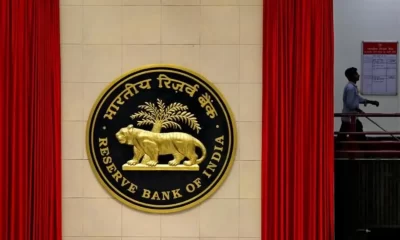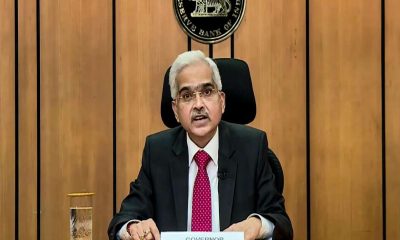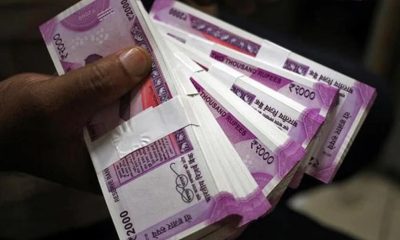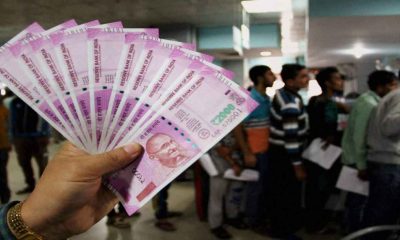Latest business news
RBI hikes repo rate and bank rate by 50 basis points, a look at the key announcements
Repo refers to the interest rate at which the central bank lends short-term funds to banks.
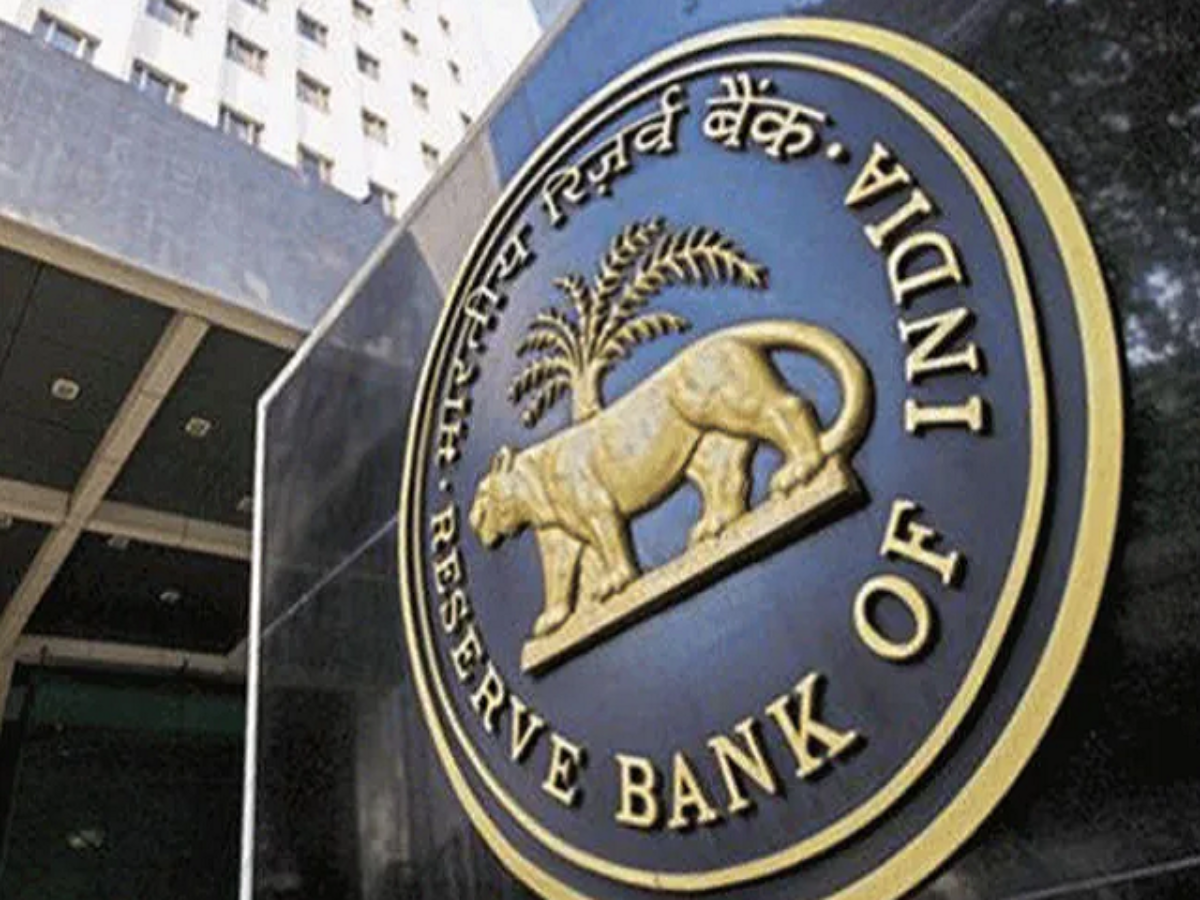
The six-member Monetary Policy Committee (MPC) of the Reserve Bank of India (RBI) hiked the repo rate by 50 basis points to 5.4 percent with immediate effect. The RBI took this decision as part of its ongoing attempts to control inflation, which recently reached a multi-year high.
RBI Governor Shaktikanta Das announced the August bi-monthly monetary policy on Friday. Apart from the hike in repo rates, the bank rate has also been increased by 50 basis points to 5.65 percent, the standing deposit facility (SDF) has also been raised by 50 basis points to 5.15 percent, MSF also rose by 50 basis points to 5.65 percent.
Repo refers to the interest rate at which the central bank lends short-term funds to banks. Changes in this rate are frequently passed on to the broader banking sector. The bank rate is the rate charged by the central bank for lending funds to commercial banks.
Read Also: Congress plans to gherao PM residence, Delhi Police denies permission
The 10-year government bond yield increased by 10 basis points to 7.25 percent after RBI Governor Shaktikanta Das stated that further monetary accommodation is necessary due to the inflationary situation.
While announcing the policy, Das said MPC remains focused on the withdrawal of accommodation to ensure inflation remains within target going forward, while supporting growth.
The RBI has increased interest rates for the third consecutive time. The repo rate was increased by 50 basis points to 4.9 percent by the RBI’s MPC in its last monetary policy review in June. After a 40 basis point off-cycle monetary policy increase in May, it was the second increase in a month.
India is expected to be the fastest growing economy in FY23, according to RBI Governor Shaktikanta Das. The external debt-to-GDP ratio decreased from 21.2 percent in March 2021 to 19.9 percent in March 2022.
Bihar: At least 8 dead, several ill after consuming spurious liquor in Saran district
Latest business news
Google restores delisted Indian apps after government intervention
Google on Saturday restored all Indian apps it had removed.

Google has started to restore all the delisted Indian mobile apps on Play Store agian, which they had removed due to a disagreement over service fees. After a discussion between company representatives and IT Minister Ashwini Vaishnaw, the decision was made, according to sources.
The step was taken in response to Vaishnaw’s strong statement in which he said that it is not allowed for apps to be removed from the Google Play Store. The minister had said, India is very clear, our policy is very clear…our startups will get the protection that they need.
Vaishnaw continued saying that he has already given Google a call. They will be speaking with the app developers who were delisted this week. This is not acceptable. The minister said this kind of delisting cannot be permitted.
Ten Indian companies’ apps were banned by Google on Friday, causing outrage in one of its fastest-growing markets. With 94% of phones running on its Android platform, Google holds a large portion of the Indian market. Popular names like Naukri and Bharatmatrimony were on the list.
The main point of contention is Google’s in-app purchase fees, which range from 11% to 26%. Indian startups have long opposed the US tech giant’s actions, believing them to be unfair.
The founder of Bharat Matrimony, Christian Matrimony, Muslim Matrimony, and Jodii, Matrimony.com, expressed shock at the matchmaking apps’ removal from the Google Play Store.
Shaadi. Com CEO Anupam Mittal described it as a dark day for India’s internet, highlighting the possible broad effects on matchmaking services. He also called Google an evil.
While, Kuku FM Co-founder Vinod Kumar Meena in a statement had said that Google was behaving like a monopoly.
Meanwhile, Google temporarily withdrew the famous Indian payments app Paytm from the Play Store in 2020, claiming a few policy infractions. Due to this decision, the founder of the company as well as the larger startup community came together to build their own app stores and file lawsuits against Google.
Latest business news
Anant Ambani says he is 100% lucky to get Radhika Merchant in his life
Anant Ambani said he was grateful to get Radhika as his life partner. He said he is 100% lucky to get Radhika Merchant in his life. He said every day he is falling more and more in love with her. He added although he had known Radhika for the last 7 years, it felt he had met her only yesterday. He thanked Radhika for everything.

Anant Ambani and Radhika Merchant’s grand three-day wedding celebrations began with a glamorous cocktail night on Friday in Jamnagar. During the celebrations, Anant Ambani also gave a speech wherein he thanked his late grandfather Dhirubhai Ambani and grandmother Kokilaben Ambani for inspiring him. Anant Ambani said he was grateful to get Radhika as his life partner. He said he is 100% lucky to get Radhika Merchant in his life. He said every day he is falling more and more in love with her.
He expressed his gratitude to his mother for pulling together the lavish three-day wedding celebrations in Jamnagar. Anant thanked his mother for all she had done. He said all the arrangements had been done by his mother and nobody else. He added his mother had gone all out and she had worked 18-19 hours a day and he was extremely grateful to her.
He also thanked all the guests who were present there at the pre-wedding celebrations. He said everyone had made it to Jamnagar to make him and Radhika feel special. He said both of them were honored and humbled to have all of them present there. Anant said he was sorry if they had caused an inconvenience to anyone. He asked for forgiveness. He hoped everyone is going to enjoy the coming three days. He also thanked his mother, father, sister, brother, his sister-law and his brother in-law for making this event memorable.
Anant said everyone has been sleeping for less than 3 hours a day for the last 2-3 months and he was very happy to share this joy with everyone. The youngest Ambani talked about his personal struggles and how his parents had always supported him. He further added his life had not been entirely a bed of roses. He said he had also experienced the pain of thorns. He said he had faced many health crises.
Latest business news
Facebook chief Mark Zuckerberg shares pictures from 2nd day of Anant Ambani and Radhika Merchant pre-wedding celebrations
Zuckerberg shared pictures from the 2nd day of Anant Ambani and Radhika Merchant’s pre-wedding celebrations. In the photograph Mark Zuckerberg can be seen along with his wife Priscilla Chan. The couple is exuding happiness as they prepare for the event. He captioned the picture it is getting wild out here.
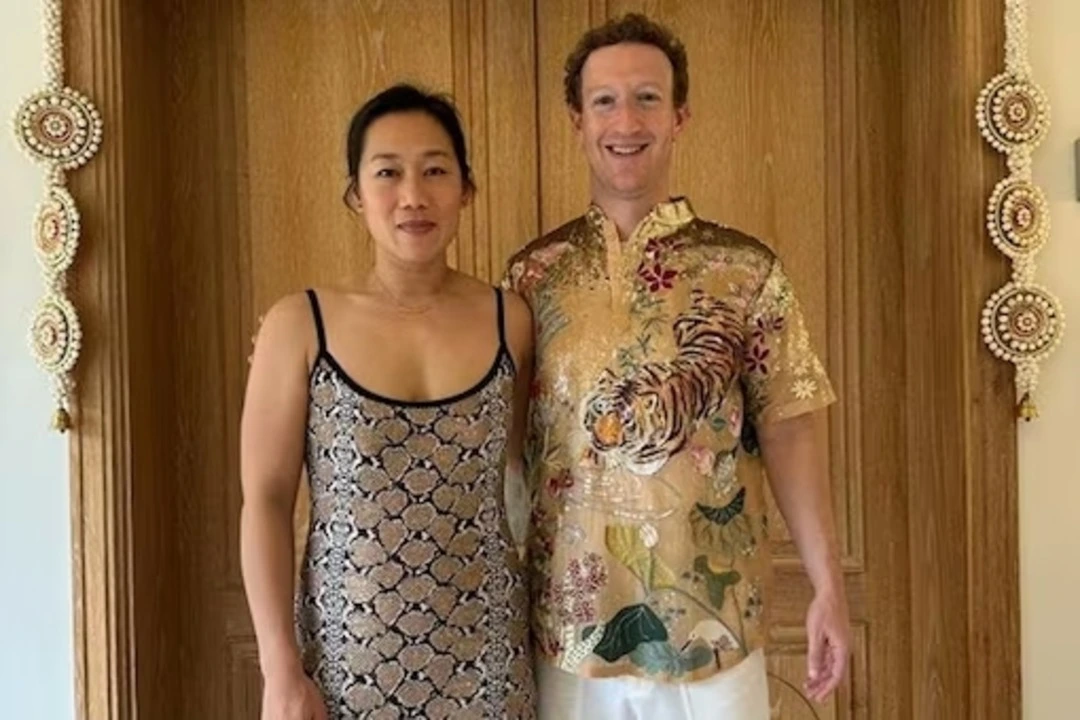
Facebook boss Mark Zuckerberg and wife Priscilla Chan joined the star- studded pre-wedding celebrations of Anant Ambani and Radhika Merchant in Jamnagar on Friday. The event was attended by many prominent figures from different fields. Zuckerberg took to his Instagram handle congratulated the couple and said he loved Indian weddings.
Zuckerberg shared pictures from the 2nd day of Anant Ambani and Radhika Merchant’s pre-wedding celebrations. In the photograph Mark Zuckerberg can be seen along with his wife Priscilla Chan. The couple is exuding happiness as they prepare for the event. He captioned the picture it is getting wild out here.
The theme of the opening day of the pre-wedding celebrations was Evening in Everland as the guests wore cocktail attire. The first day of the grand celebrations elevated the expectations of the guests for the following days. The theme of the 2nd day of the pre-wedding bash is known as a Walk on the Wildside and the guests can be seen in Jungle Fever attire.
Zuckerberg has opted for an animal print shirt with white trousers, Chan is complementing his look in a strappy one piece in black and golden. The Jungle theme is aligned to Vantara, Reliance’s animal welfare initiative undertaken and launched by Anant Ambani a few days back.
International pop star Rihana electrified the pre wedding celebrations on Friday with an amazing performance, marking her debut appearance in India. The chart topping artist engaged the audience with performances of her iconic hits which included Pour it Up, Work and Diamonds.
Zuckerberg graced the opening day, wearing a black-on-black firefly blazer and shoes from Alexander McQueen while his wife Priscilla wore a black gown with gold flower details and other accessories such as dainty chain bracelet, gold necklace and stud earrings. Mark Zuckerberg and wife Priscilla Chan are one of the Power couples invited from the global business community for the festivities currently underway at Jamnagar.
-
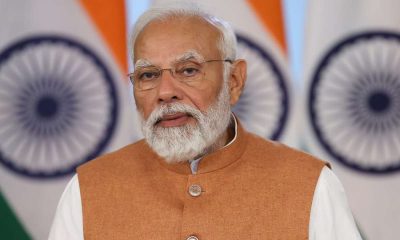
 2024 Lok Sabha Elections13 hours ago
2024 Lok Sabha Elections13 hours agoPM Modi calls for high voter turnout in second phase of Lok Sabha elections 2024, says your vote is your voice
-

 2024 Lok Sabha Elections7 hours ago
2024 Lok Sabha Elections7 hours agoLok Sabha election 2024: Nearly 50% voter turnout recorded in second phase till 3 pm
-

 India News12 hours ago
India News12 hours agoSalman Khan house firing case: NIA interrogates arrested shooters Sagar Pal, Vicky Gupta for three hours
-

 2024 Lok Sabha Elections10 hours ago
2024 Lok Sabha Elections10 hours agoLok Sabha elections 2024: 102-year-old man walks to polling booth to cast his vote in Jammu
-

 2024 Lok Sabha Elections6 hours ago
2024 Lok Sabha Elections6 hours agoElection Commission books BJP MP Tejasvi Surya for seeking votes in the name of religion

